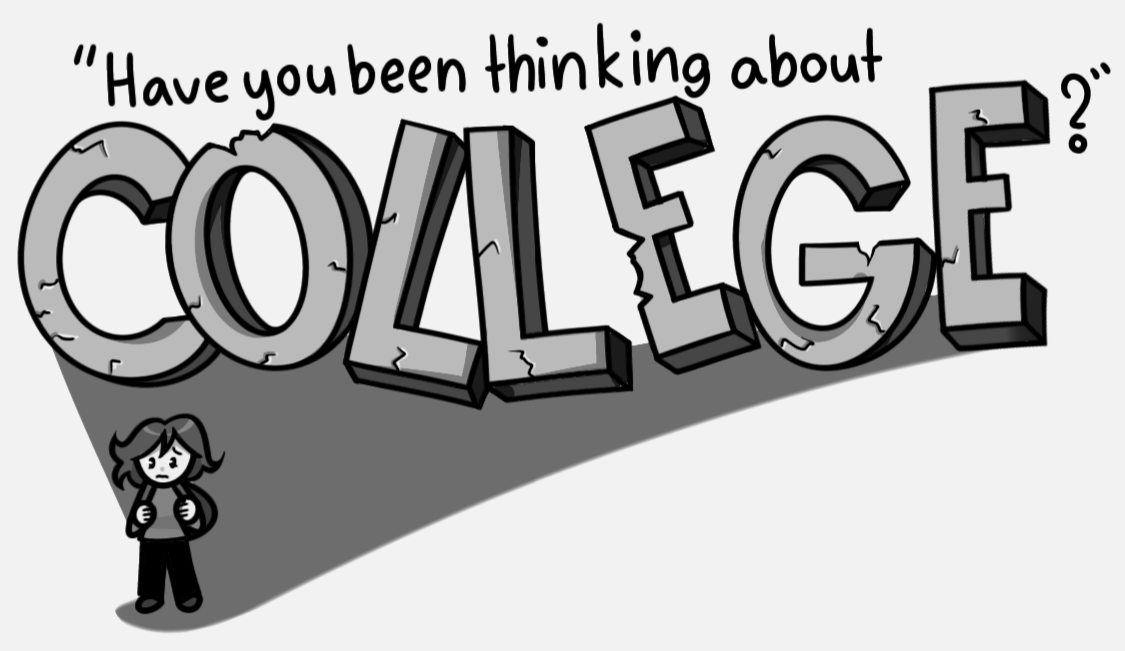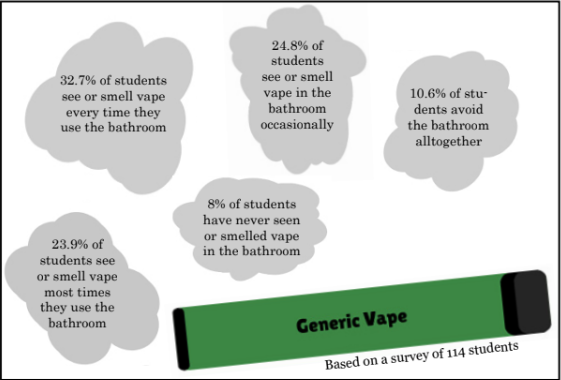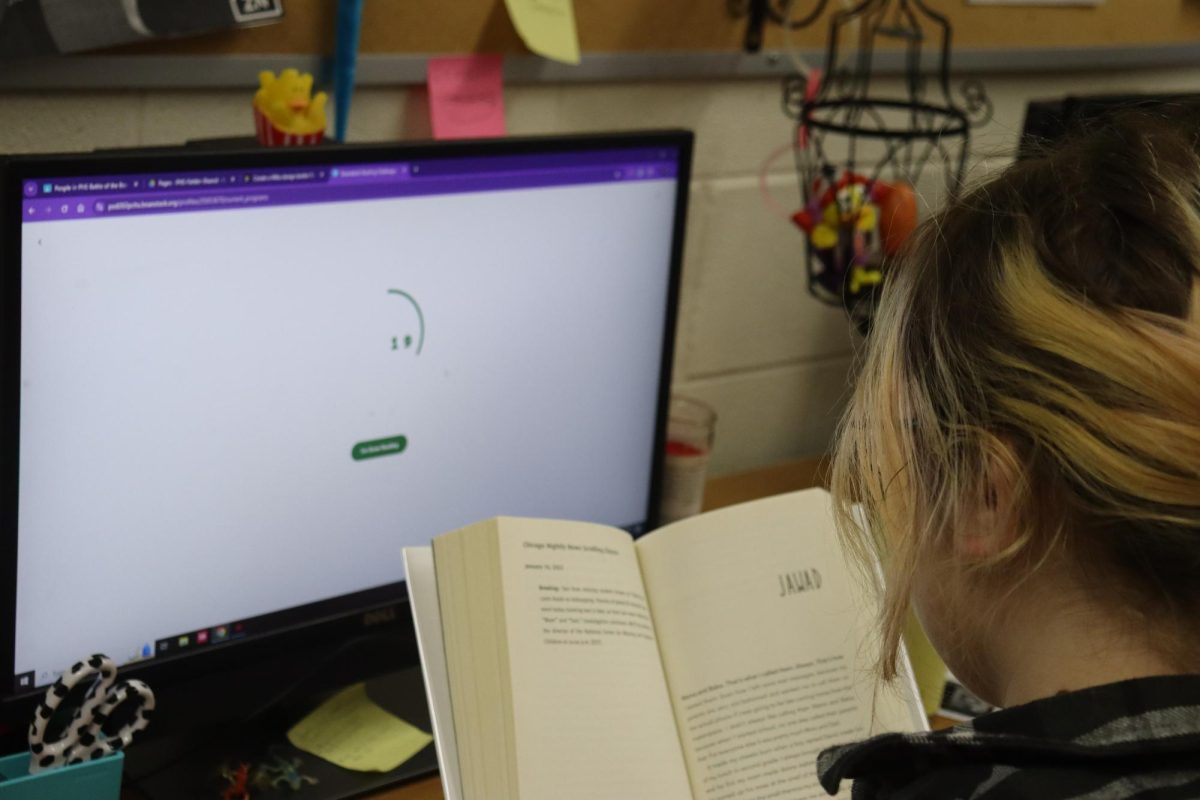Over the past few years, podcasts have been rising in popularity, while mainstream media is being left behind.
Podcasts offer viewers more personalized topics that they are genuinely interested in. Podcasters are able to be as creative as they want; not only that but, they also have a more authentic appeal. People can relate and build connections to the hosts. Mainstream media on the other hand is seemingly biased especially when it comes to politics. It is cold and scripted, and with no authenticity, viewers do not build any trust. Podcasts can also be biased however there are many trusted podcasters that do not have biases and give you the news from both sides.
When people watch the news they want to hear about what is going on in the world. Instead they are force fed what many feel are lies and propaganda. According to an article written by Reuters Institute and University of Oxford, Only 40% of people that trust mainstream media, believe journalists do a good job of verifying facts and providing strong evidence to back up their claims. Among the people who do not trust news media, the main reasons (67%) relate to bias, spins, and agendas.
Podcasts are alsomuch more convenient as they are more easily accessible and can be listened to whenever one desires; whether on the go, or doing things around the house. Mainstream news programs have strict, set schedules, making it hard for many to tune in.
As mentioned, podcasts cover many topics that news media doesn’t. Podcasts make it easy for everyone to discuss and engage and express their opinions. They allow people to speak up and take stances, on any and all matters whether it be about sharks, crime or conspiracies. So not only do podcasts talk about news but they focus on a variety of other topics! People want to feel engaged and connected, and with the variety of podcasts and personalities, people can easily find what community they want to be a part of.
Overall it is undeniable that podcasts will be the future of news media, with all of the popularity among the younger generations.







